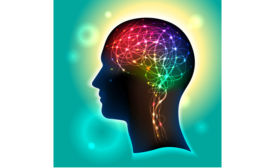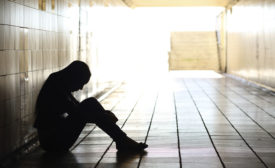Home » Keywords: » depression
Items Tagged with 'depression'
ARTICLES
Obese kids are suffering from grown-up health problems
September is Child Obesity Awareness Month
September 24, 2019
Become a Leader in Safety Culture
Build your knowledge with ISHN, covering key safety, health and industrial hygiene news, products, and trends.
JOIN TODAYCopyright ©2025. All Rights Reserved BNP Media.
Design, CMS, Hosting & Web Development :: ePublishing








